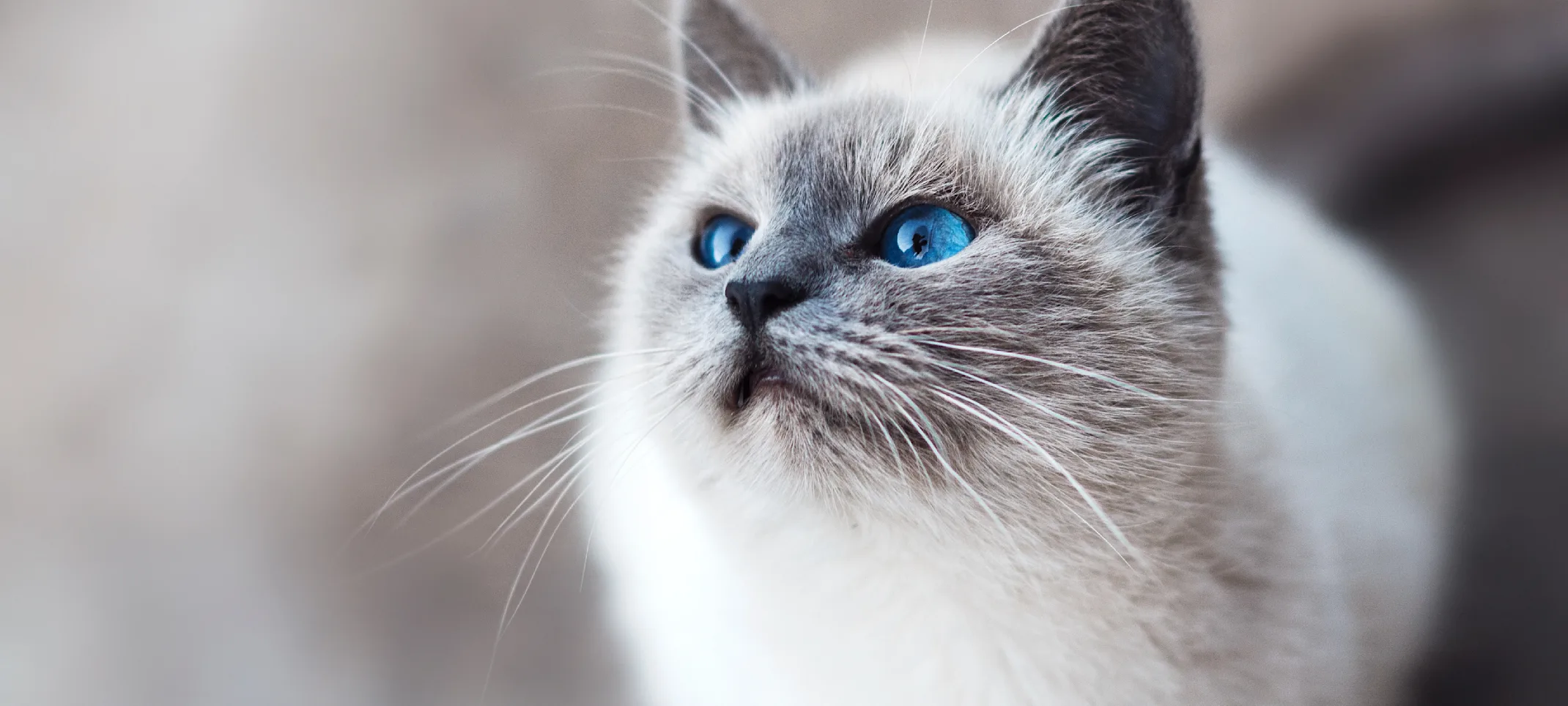Brightwood Animal Hospital
Ophthalmology
Veterinary ophthalmology deals with the diagnosis and treatment of eye disorders and diseases

Overview
Eye conditions that may affect your pet include, but are not limited to, glaucoma, cataracts and retinal diseases. Your veterinarian is able to diagnose and recommend appropriate treatment.
Eye conditions such as cataracts are fairly common in pets and may require surgery to heal, while other conditions require less intensive treatment to manage. Your veterinarian will work closely with you to identify the source of any eye symptoms your pet may be experiencing in order to develop the best treatment plan for the long-term health of your pet’s eyes.
Why would my pet need ophthalmology treatments?
It is essential to keep your pet’s eyes healthy, just as it is important for you to maintain your eye health. Good vision contributes to quality of life.
There are a variety of eye disorders that can potentially affect pets as stated above. Some may occur as a side effect of another disease. For example, cataracts can result from a concurrent condition such as diabetes.
When would my pet need ophthalmology treatments?
If your pet is experiencing any of the following, you should contact your veterinarian for an examination:
Watery eyes
Excessive blinking
Squinting
Redness
Puffiness
Bulging around the eyes
Sunken eyes
Dehydration
Sensitivity to light
Excessive tears
Loss of appetite
Rubbing or pawing at the face
Whining
Noticeable decrease in vision or suspected blindness
How will you treat my pet?
Depending on the diagnosis, your veterinarian may recommend one or more of the following treatment options. Treatments can range from medication to surgery.
Ultrasonic removal of cataracts
Tear duct repairs
Correction of eyelid abnormalities
Artificial eye placement
Drug therapy
Laser surgery
Corneal transplantation
Glaucoma surgery
